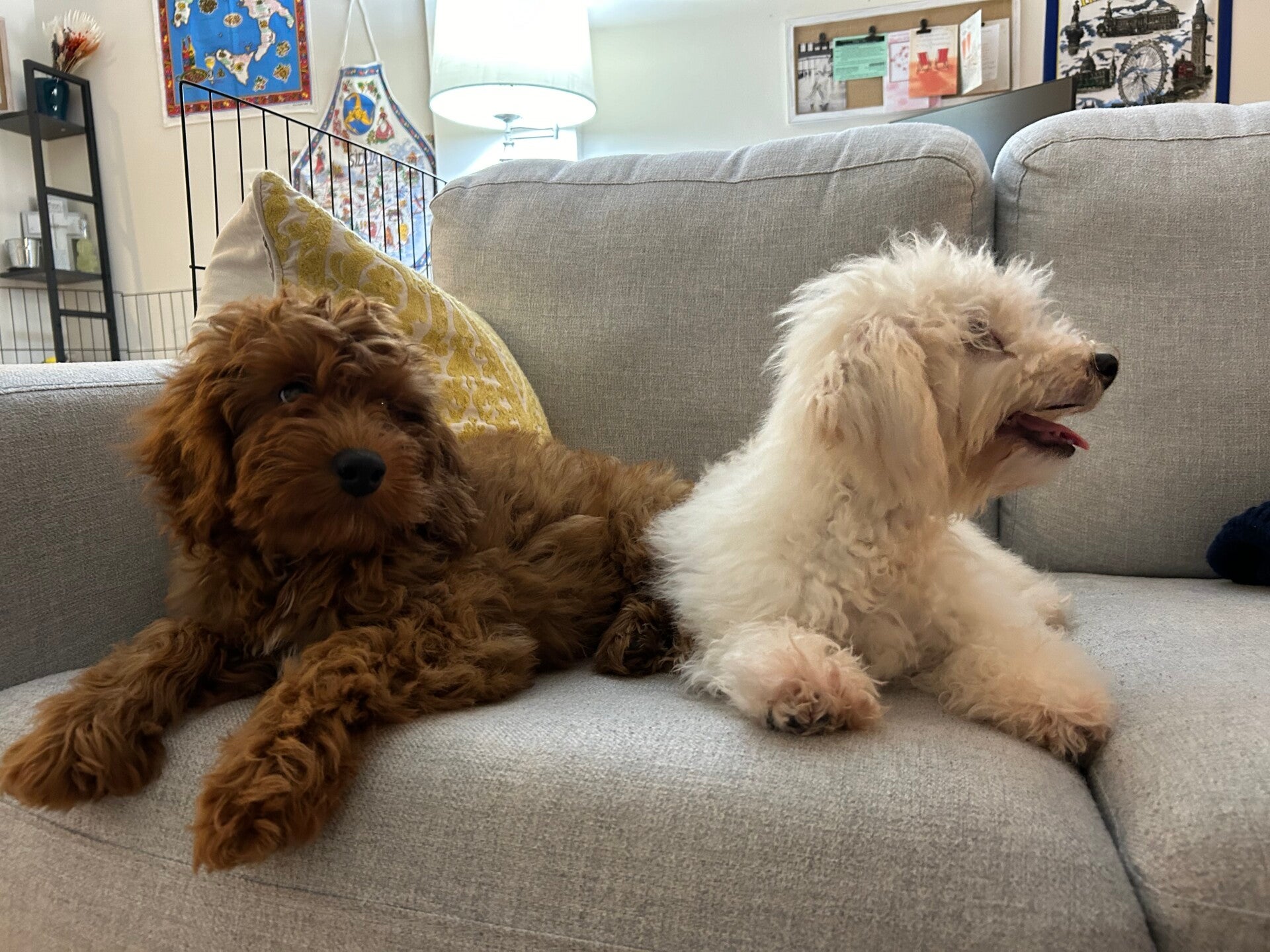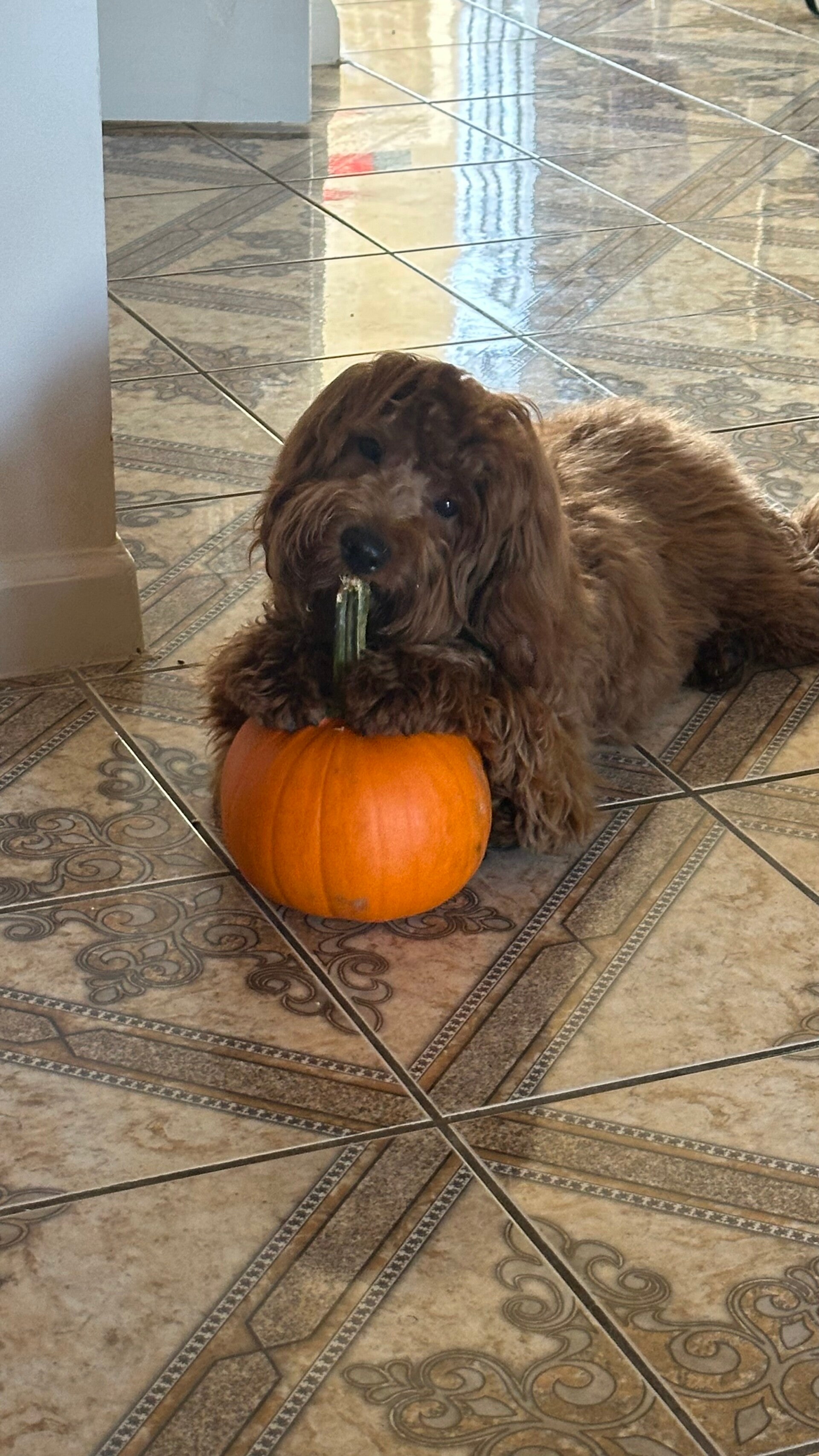NJDOH - Statements
This page is dedicated to sharing information provided by the New Jersey Department of Health as it pertains to dog training and animal care. We aim to inform our community about NJDOH's stance, responses, and guidance related to various issues concerning shelters, kennels, pounds, pet stores, disease control and animal welfare. Through this page, we also express our perspectives on how NJDOH addresses or overlooks these important matters.

Understanding NJDOH Guidelines
The New Jersey Department of Health plays a vital role in safeguarding the health and well-being of both humans and animals within the state. This includes establishing guidelines and regulations that impact animal shelters, kennels, pounds and pet shops. They also have a responsibility to pet owners in NJ. By disseminating clear and actionable information, NJDOH assists dog owners in understanding their responsibilities, particularly in relation to vaccinations. At The Canine Corner, we believe that a well-informed owner, resident or advocate is key to a successful journey ro the companion animals.

Community Concerns and NJDOH Response
While NJDOH provides essential resources, there are instances where the response to community concerns, particularly regarding animal shelters, kennels, pounds, and pet shops, appears inadequate. With the explosion of animals in our shelters, and unlicensed backyard breeders, NJ is now in a crisis and needs NJDOH to be more actively involved. However, the resources available through NJDOH can sometimes feel overwhelming or insufficient for those requiring immediate assistance. At The Canine Corner, we advocate for a more responsive approach from NJDOH that includes accessible training to county and local resources, workshops, and support for both shelters, pounds, kennels, pet shops and animals and advocates. We believe that by acknowledging and addressing community concerns more effectively, NJDOH can enhance the quality of life for both pets and their owners.

NJDOH RESPONSE:
A local animal shelter REFUSED to take in a domesticated bunny that was found in wrapped in a towel under a bush in a local park. The shelter said that NJDOH had told them they only have to take in dogs and cats. When we, and other advocates, contacted NJDOH about this, they responded in this way:
I. If a shelter does not have the space or resources to take in and care for exotic domestic species, such as domesticated rabbits, recommend an individual contact other shelters in the area to determine if they can take in the animal.
II. For persons that have exotic domestic species, such as rabbits, for pets, and they are seeking to surrender the animal, they can contact a shelter or a rescue to determine if a shelter or rescue may be able to take the animal. Shelters are not obligated to take in owner surrenders if they do not have the space/capability.
III. If an individual observes a dog or other domestic animal (including domesticated rabbits) off the premises of the owner or person charged with its care that is ill, injured, or creating a threat to public health, safety, or welfare, or otherwise interfering with the enjoyment of property, an individual may contact the Animal Control Officer (ACO) for assistance (see N.J.S.A 4:19-15.16). After an ACO is called and responds, determination of next steps (e.g. if the animal needs veterinary care, etc.) would be made.
IV. If you have additional questions or concerns regarding animal surrenders, custody and impoundment of animals, shelter resources, and animal rescue resources, these should be directed to the municipality’s ACO, municipal officials, municipal shelter, and local health department.
Our Thoughts on Their Response:
In New Jersey, regulations and statutes prohibit the refusal of stray domesticated animals. While there are distinctions between exotic, wild, and farm animals, shelters are obligated to care for all stray or abused domesticated animals. Additionally, items #1 and #3 appear to conflict with each other in their statements.
Get in Touch with Us if You Have NJDOH Concerns
For more information how you can help or if you have a concern about the lack of response from NJDOH, just contact us.

